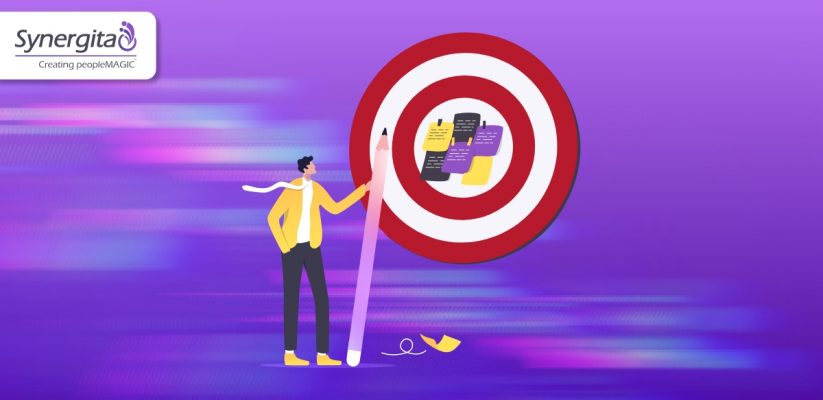Personal Development with OKR Methodology (with examples)
Setting and achieving objectives is one of the most important activities a person can engage in. Whether you’re trying to acquire a new habit, get promoted at work, or simply improve your personal life, having specific, measurable goals in mind can be a big help.
This article will discuss the OKR methodology, a popular goal-setting system that several industry-leading companies have used for years. We’ll provide you with example goals and objectives to help you get started and discuss how to measure progress along the way.
How to set up an OKR for Personal Development
OKR stands for Objectives and Key Results, a system that can be used to set and track progress towards goals. The first step in using the OKR system is to set your objectives. These should be specific, measurable, achievable, relevant, and time-bound. Here’s a quick overview of how OKR works:
- Define your objectives. These are the specific, tangible goals that you want to achieve. They should be ambitious but achievable.
- Determine your key results. These are the criteria by which you’ll judge whether or not you’ve achieved your objectives. For example, you might set a goal to blog every week, and your key result would be to write and publish one post per week.
- Set deadlines for yourself and track progress along the way. OKR is all about accountability, so ensure you set deadlines and track how well you’re doing.

For example, your objective might be to learn French in the next three months. Once you have set your objectives, you need to identify key results that will help you measure progress. For the above example, key results might include:
- Learning to conjugate in French.
- Speaking conversational French.
- Reading French books and newspapers fluently.
As you work towards your objectives, tracking your progress and adjusting your plan as needed is essential. The OKR system can help you stay on track and make necessary changes. Here are some examples of how OKR could be used for personal development:
Set goals for new skills or knowledge acquisition:
Objective: To become a SCRUM Master this year
KR1: Attend a SCRUM Master training course
KR2: Pass the SCRUM Master certification exam
KR3: Lead a SCRUM team in implementing the SCRUM methodology
Set goals for changes in behavior:
Objective: To lead a healthy lifestyle from this year.
KR1: Exercise for at least 30 minutes daily.
KR2:. I will eat a healthy diet, including plenty of fruits, vegetables, and whole grains.
KR3: I will avoid smoking and excessive alcohol consumption.
Remember that any OKR will only be effective if tracking is a part of the methodology.
What are the four steps of an OKR Methodology?
The OKR Methodology is a powerful tool for personal development. It usually follows four stages which are:
Define your Goals
Before you can measure your progress and improve your results, you must first define your goals. If you want to lose weight, you might set a goal of losing 10 pounds over the next six months. Once you’ve set the goal, you can track your weekly progress by weighing yourself and measuring your waistline. If you hit your target weight or waist size by the end of the six months, you’ve achieved a successful outcome using the OKR Methodology.
Measure your Progress
Once you’ve defined your goals, it’s time to measure your progress. It involves determining how close you are to achieving your goals. You can do this using various methods, such as weighing yourself and measuring your waistline every week, counting your steps taken throughout the day, or calculating your hourly productivity based on your work schedule.
Revisit Goal-setting
If you’re happy with the progress you’re making toward your goals, it’s time to reset them and set new ones. However, if you initially set the goal of losing 10 pounds by the end of six months, but you’ve only lost five pounds so far, it might be prudent to set a new goal of losing 15 pounds over the next six months. Doing this will ensure you’re making consistent progress and not wasting valuable time and resources.
Results Matter
Once you’ve achieved your goals, it’s essential to take a step back and assess your results. For example, if you initially set the goal of becoming a well-rounded individual by reading two books per month, but you managed to read more than that in the past six months, it might be worth reconsidering your objective. You can adjust your goal by deciding on a new reading goal and making it more challenging, such as reading four books per month. The results will show you if your objectives are too easily achievable and need to be more aspirational.
Conclusion
OKRs are a popular tool for personal development. They can help you focus your efforts, set realistic goals, and track your progress. Whether personal or professional growth and development, using an OKR tool will make the journey smoother. Reams of paper or spreadsheets may not cut it and may take more time and energy away from your progress. Instead, OKR software can keep you focused and free to pursue your goals with greater levels of success.
Also Read:

